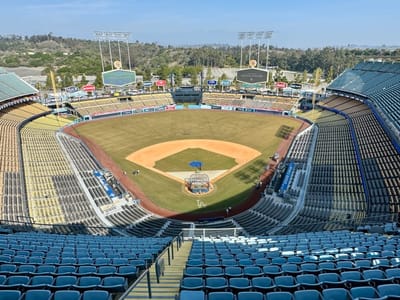I don't get pro photographers
I'm a big fan of Ben Saunders, mostly because I get to vicariously live through him (and I do plan on donating to his next big adventure), but in this entry he says:
I've taken the photos down again for now - I'm slightly concerned about people nicking expedition photos that I've nearly lost digits trying to take...
It goes on, and I know Ben's not a pro photo guy so I don't mean to pick on him specifically, but I've seen the same message from a lot of other people that used flickr and happen to make their living taking photos. "I don't like people nicking my photos" and "Is there any way to prevent others from making blog posts about my photos, using my photos?" are the things you often hear from them in the flickr forums.
Photos are jpeg files on the internet. Everyone that looks at a photo online makes a copy of the file at flickr.com just to view it in their browser. Sometimes people like photos and save them and maybe even make them their desktop background. Sometimes those same people add you as a contact and become fans of your photography. These are all good things for people that like looking at photos and photographers.
Subscribe to our newsletter.
Be the first to know - subscribe today





